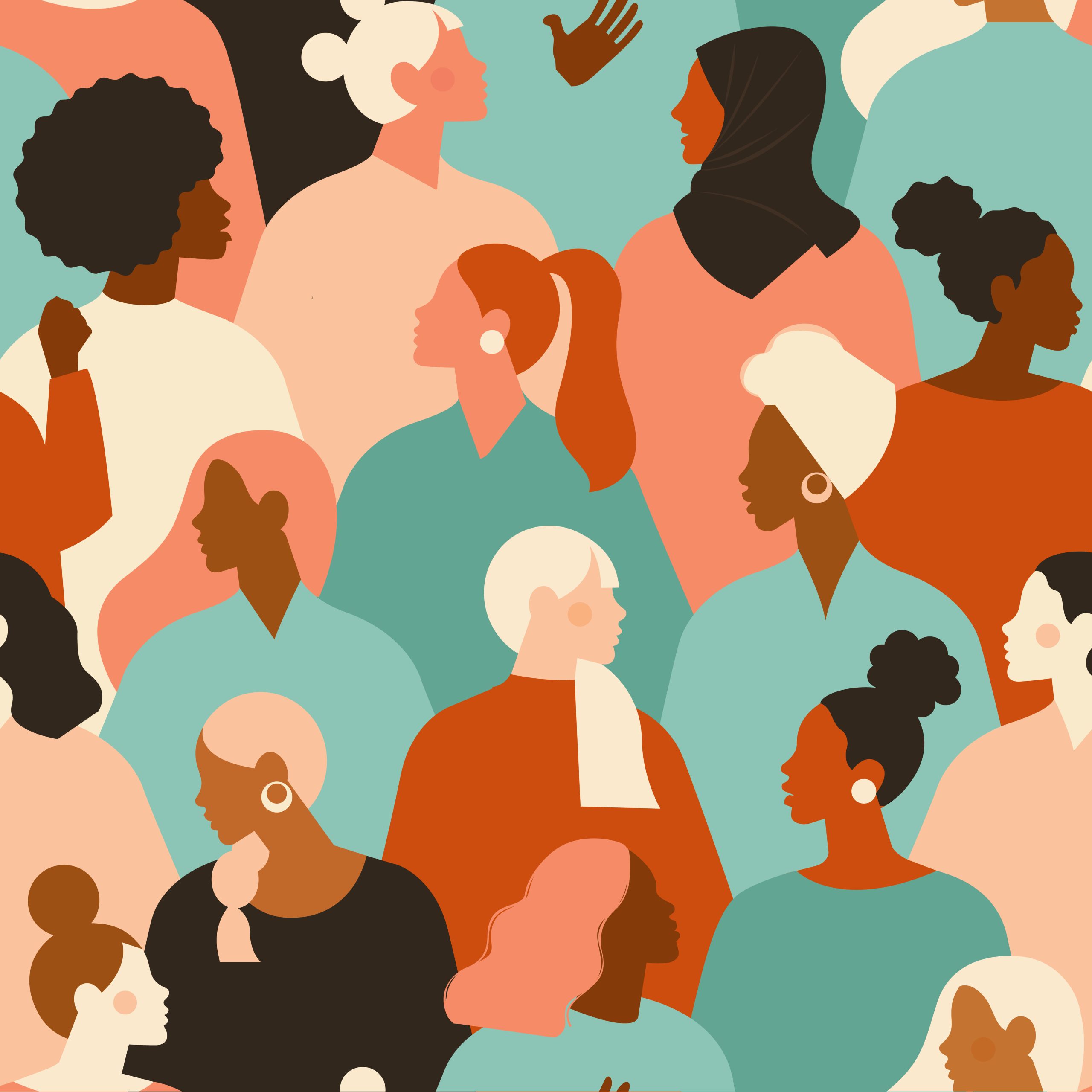- Accountability is fundamental in the humanitarian system, and in the donor recipient relationship which should extend to mutual accountability for how funds are spent, and for decisions about how funds are allocated. Accountability of recipients to donors; accountability of donors and the humanitarian system to WLOs and WROs; and accountability of WLOs and WROs to the communities in which they work are all critical elements of mutual accountability.
- Accountability for achieving feminist and gender goals in the humanitarian space is lacking across all areas of international work, including peace and development. An independent review of the UN system’s capacity to deliver on gender equality showed dismal results, with the needs of women and girls being neglected across the board.
- Communities, WLOs, WROs and other grassroots organisations have a role to play in participating in accountability processes and holding actors accountable for how humanitarian money is being spent at the local level. However, due to imbalanced power dynamics in the donor recipient relationship, it is a risk for organisations to hold donors and partners mutually accountable. One example from a WRO said that when they voiced their opinions to those within the UN system, they saw potential funding partnerships suddenly withdrawn. Ensuring that donors are accountable, and asking questions of international leadership, carries risk for local organisations.
- While there is a lot of money in the system, there is a problem with distributing it. Multiple reasons and structural constraints explain why it is extremely challenging for bilateral donors to fund individual WLOs and WROs directly. It is time consuming and expensive to allocate funds directly to small organisations, because the programme management capacity required to administer a large grant is the same capacity as a small grant.
- To administer thousands of small grants, donor bureaucracy and capacity need to increase hugely, therefore increasing donor costs and reducing the amount of money available to recipient countries.
- Donors also face risks and are accountable for taxpayer money to ensure funds are spent in the way they were intended, get value for money, and avoid backlash in their countries’ broadcast media. As transferring money during crises is a political act, donors aim to minimise their risk through the systems and processes they have created and embedded.
- Donor organisations demand accountability from organisations for funding through stringent due diligence processes, including financial audits and reporting. While many WROs and WLOs have financial management and reporting systems in place, they often do not meet very strict and varied donor standards.
- As donors do not wish to take risks without due diligence processes in place, it is therefore in the remit of larger INGOs and funding recipients such as the UN in the humanitarian space to be accountable for funds. Suggestions emerged for donors to streamline their due diligence processes, so that smaller recipient organisations need to undertake only one due diligence process that would cover a range of donors.
- Donors acknowledged the constraints they face, their desire to reframe the way they work with WLOs and WROs, and their ambition to find solutions to collaborate with and support the work of WLOs and WROs. While pockets of good practice exist, learning and knowledge sharing is necessary to scale up and move forward. Women’s Funds offer a potential avenue for donors to form partnerships and increase access to quality funding for WROs and WLOs.
- One promising avenue is increasing collaboration and partnerships between humanitarian donors and agencies and women’s and feminist funds, allowing the funds to provide quality support and equitable partnerships to diverse WROs and feminist groups, whilst also providing donors with a means to reach a vibrant landscape of grassroots groups at scale.
- Suggestions to challenge the existing system include reverse due diligence process so that organisations hold donors, INGOs and Humanitarian Country Teams accountable for how they meaningfully embed gender and inclusive and support local action and WLOs and WROs.
“We think of trust as a garden, a place to grow with care and time.”
- At the same time, it is vital to avoid diverting local energy into the humanitarian system in ways that stifle ambition and desire for change. For example, after a crisis, local WLOs and WROs have seen incredible political imagination among young girls, and being drawn into the humanitarian system might dampen their drive.
